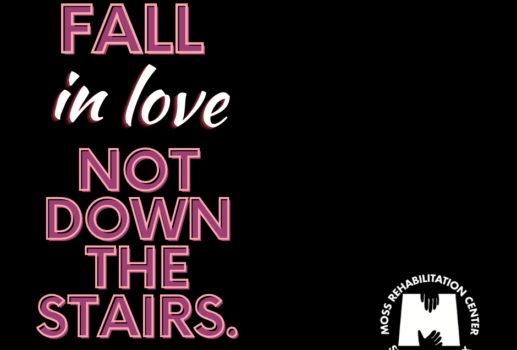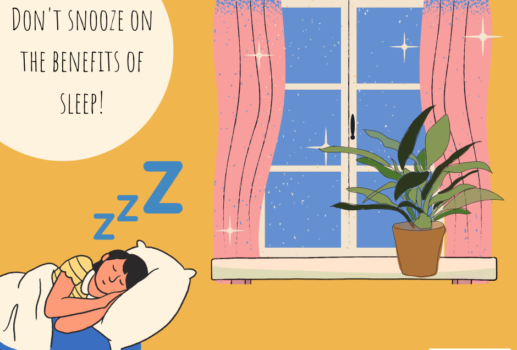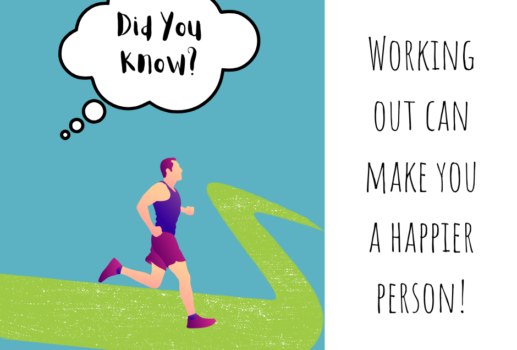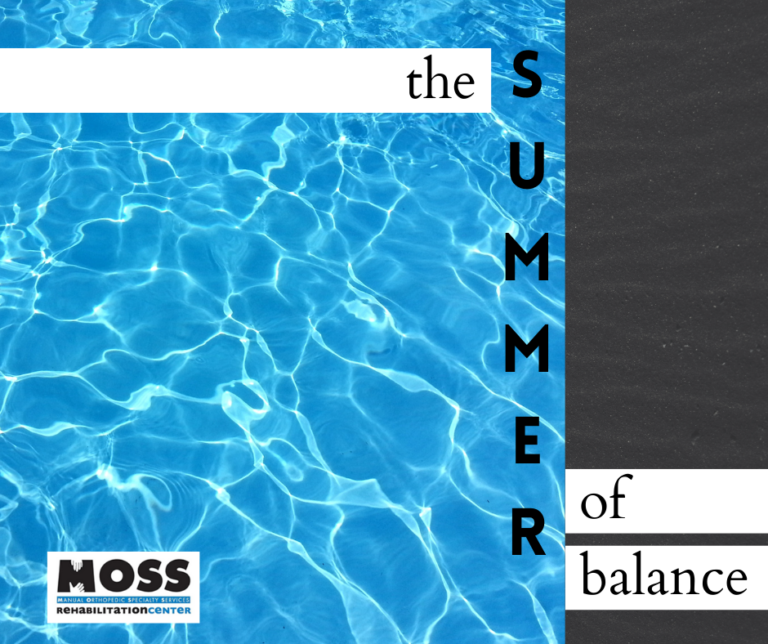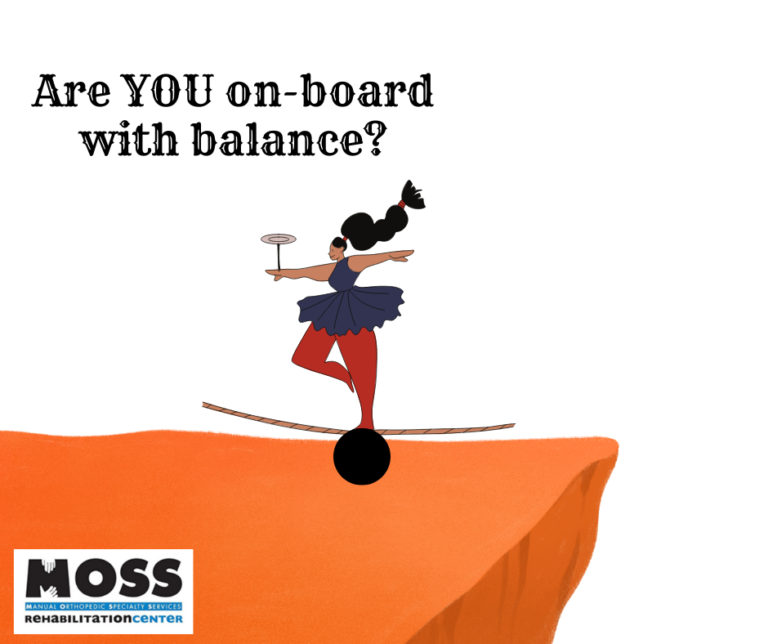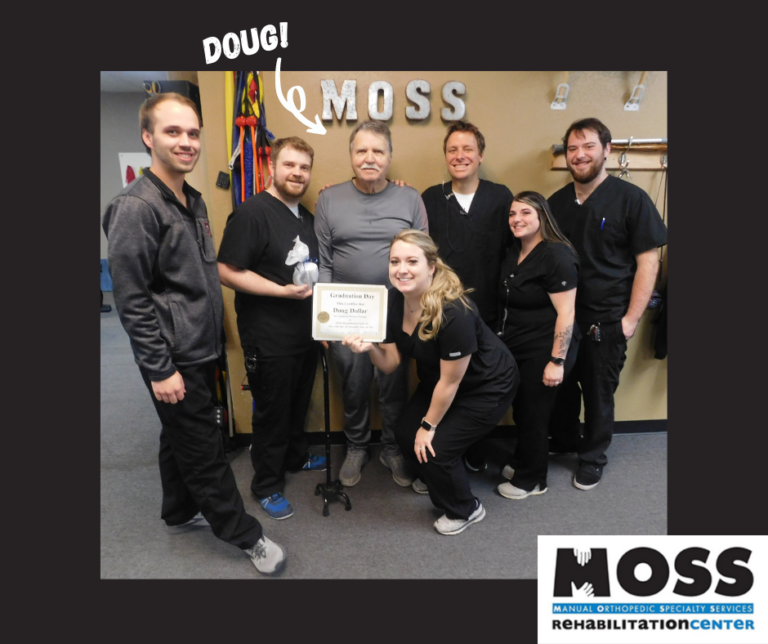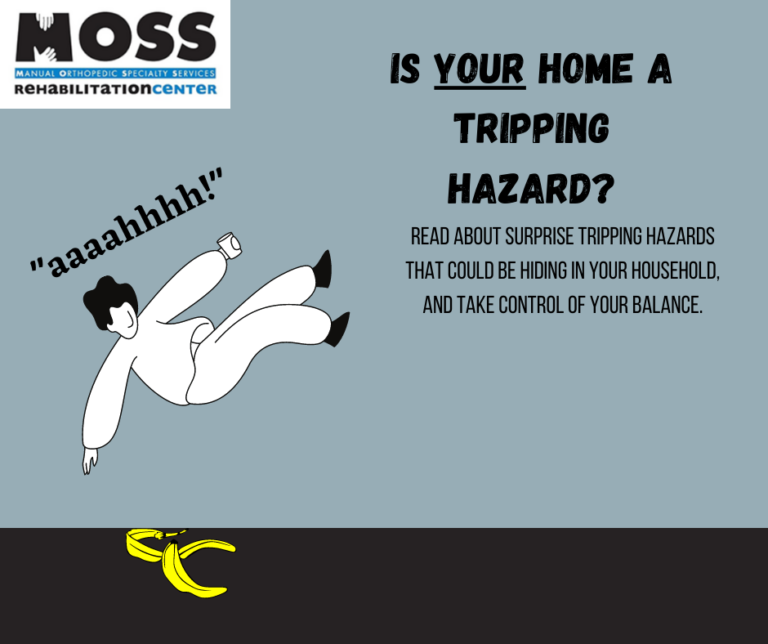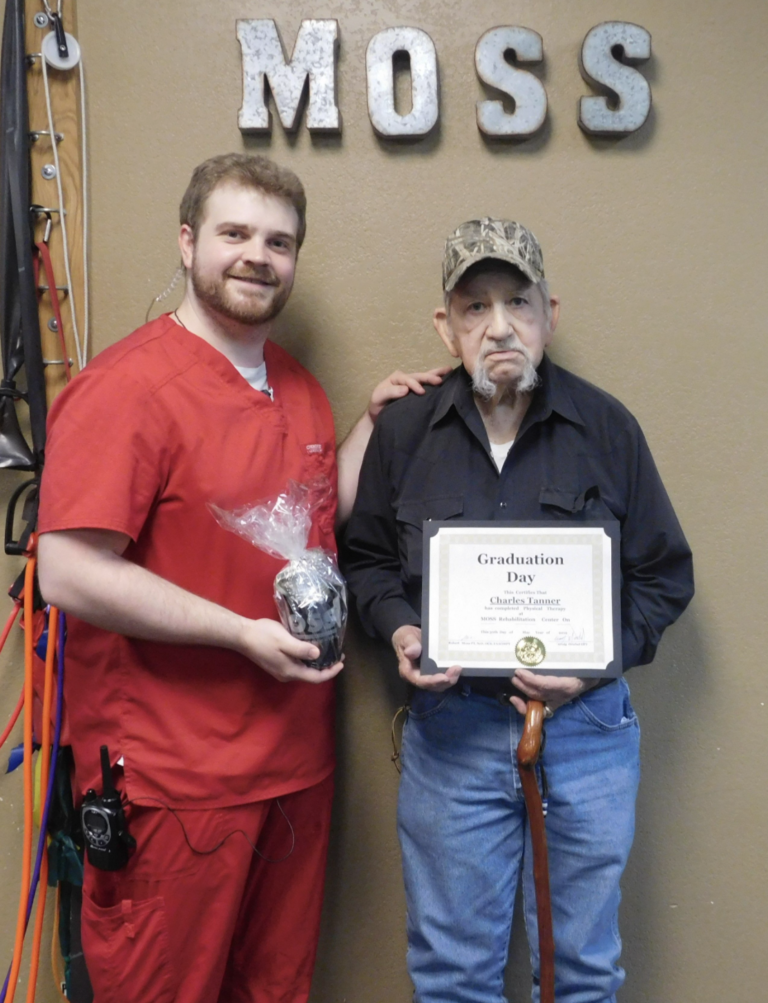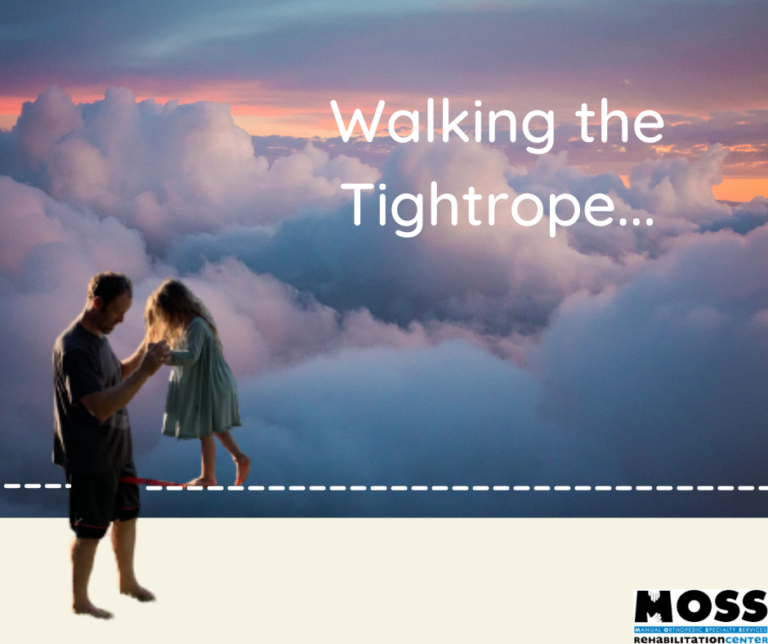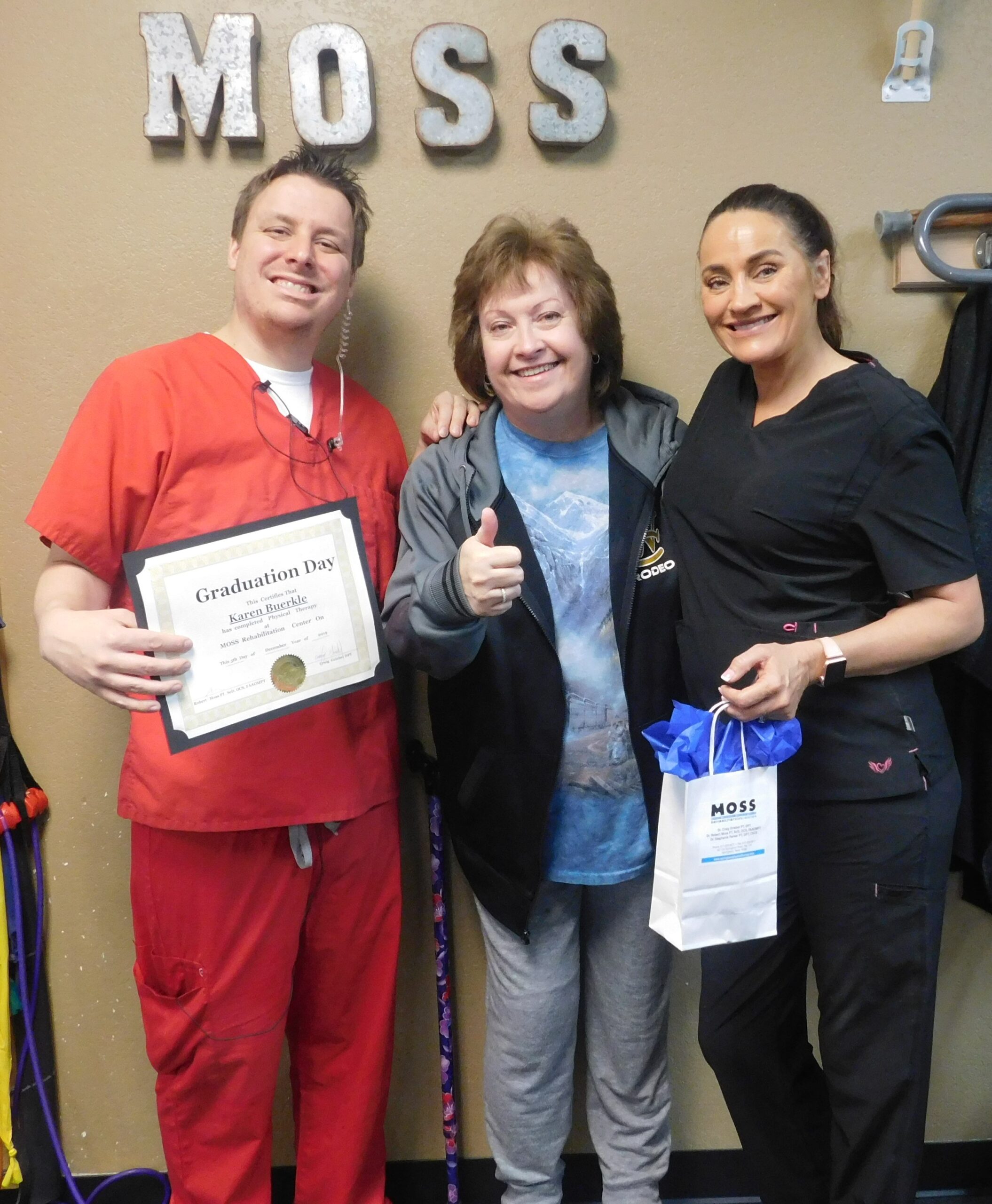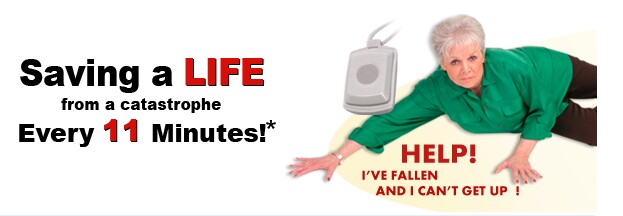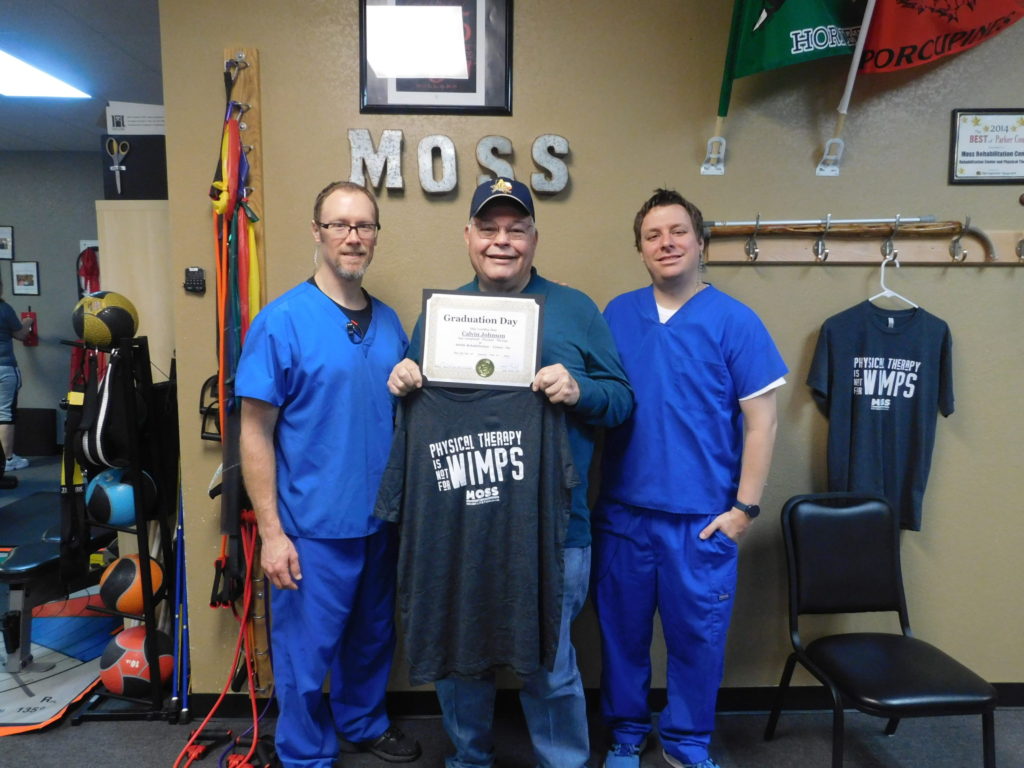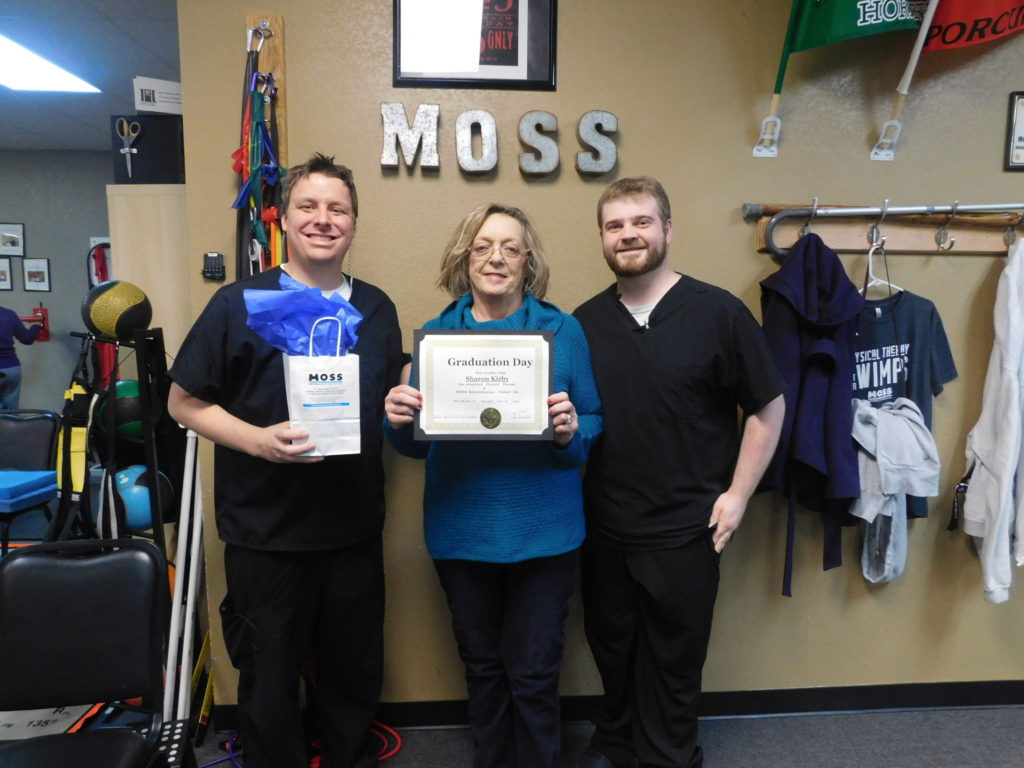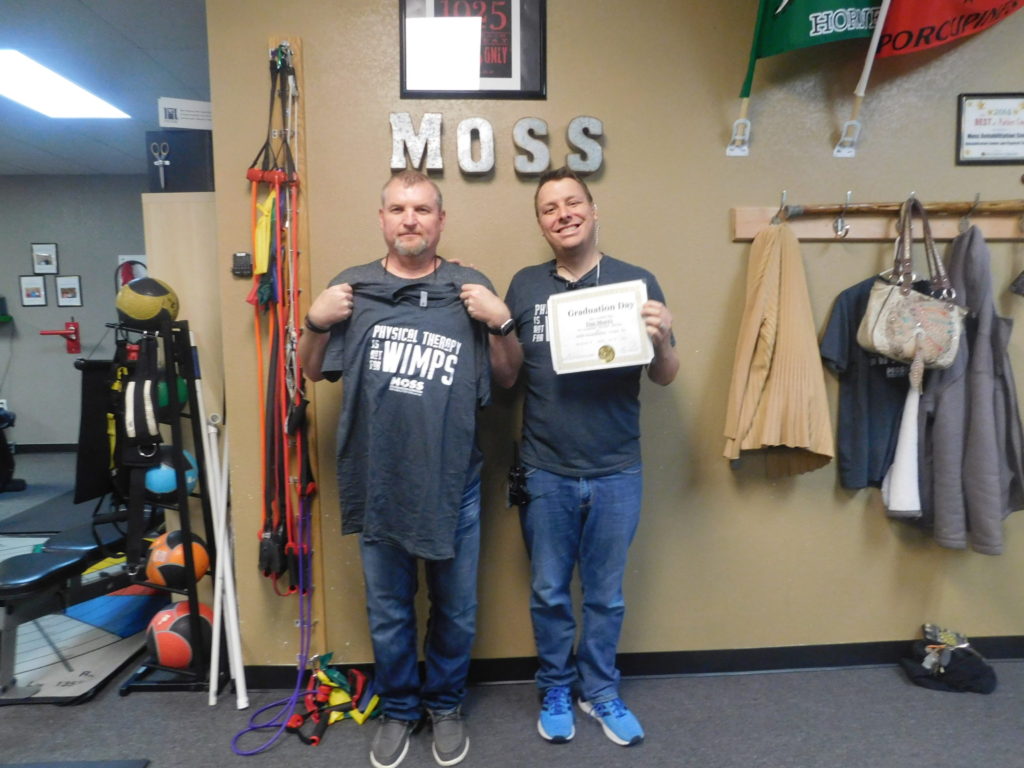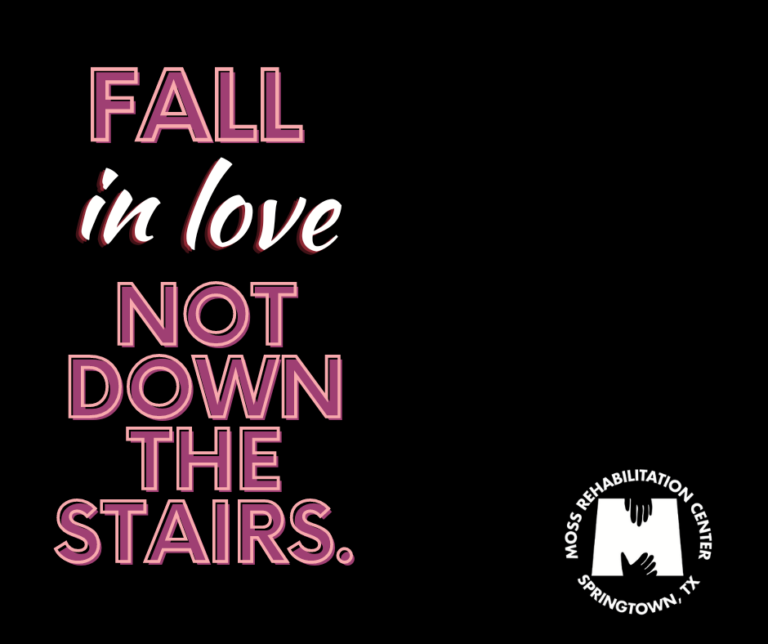
Falling in love? Great! Falling downstairs?...
Happy Valentine’s day from MOSS Rehabilitation Center! Whether you love celebrating love or you think it’s just another frivolous event, it got us thinking about the topic of falls. While the adage ‘falling in love’ is associated with positive emotions, real falls that cause physical damage are not so exciting. The chances are that you or someone you know has experienced a fall that has at the very least tweaked your back or at worst, landed you in a hospital. So let’s talk about why falls happen in the first place and what you can do to prevent them. Balance...
